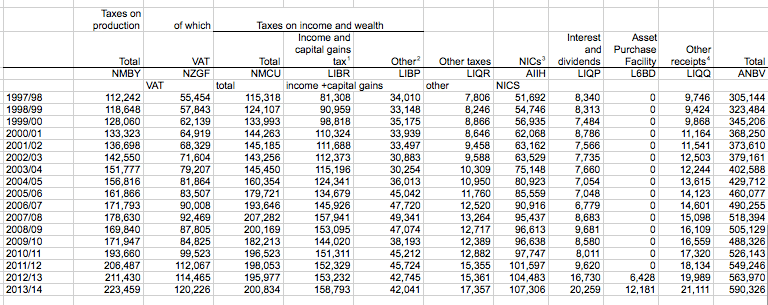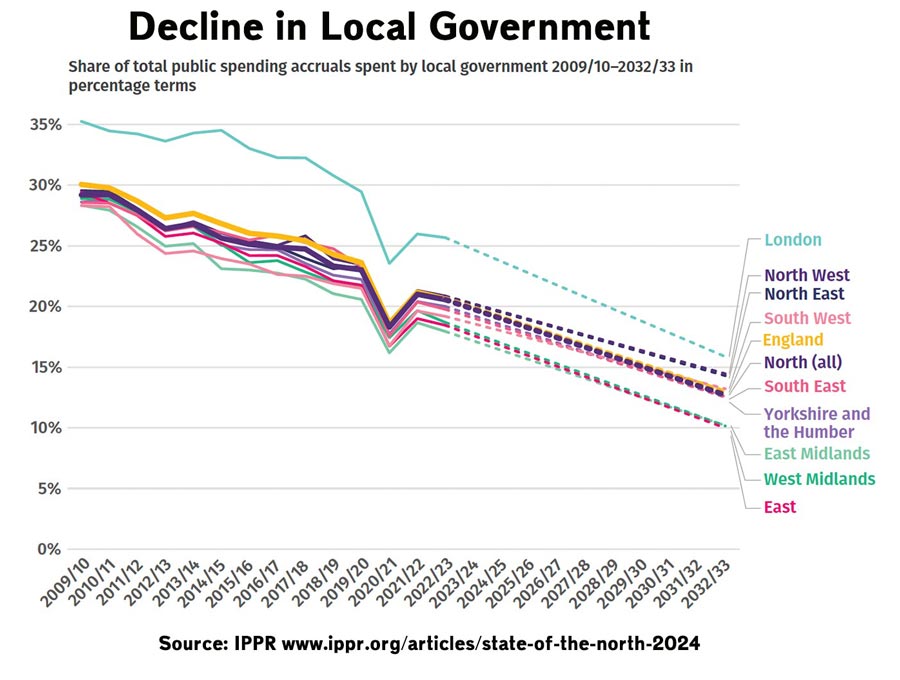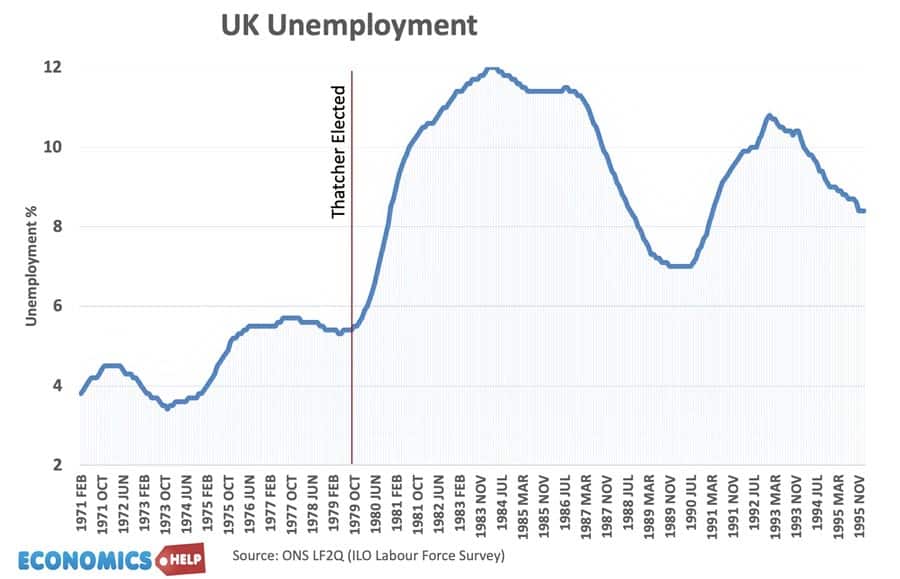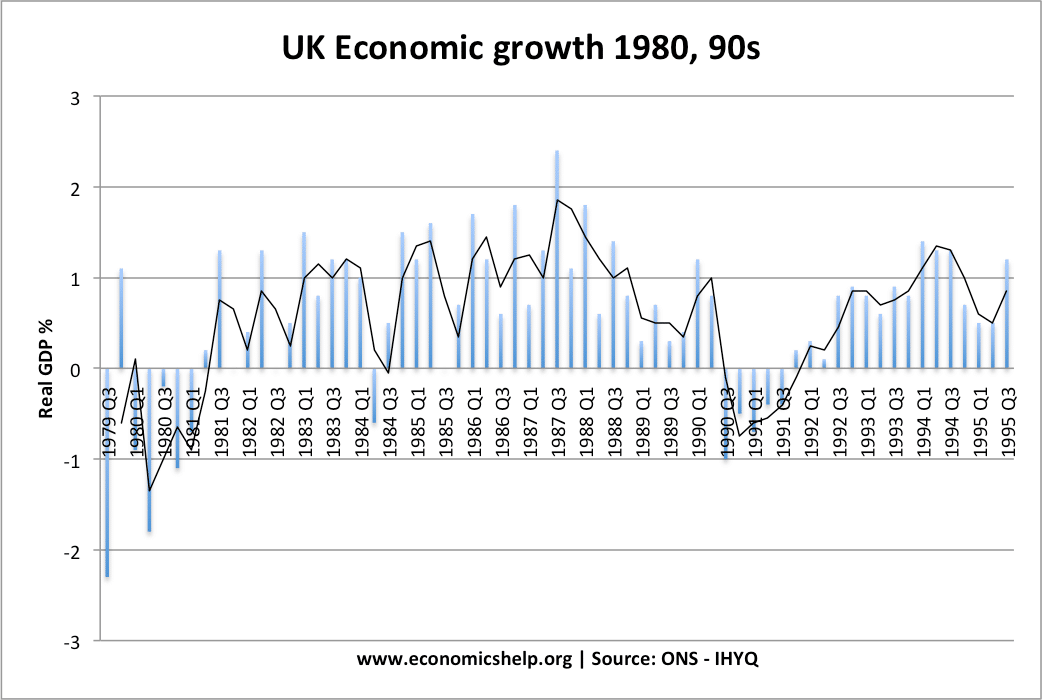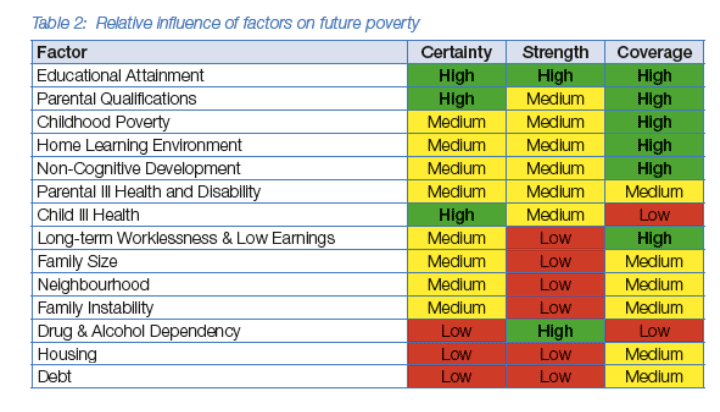Effect of tax on inequality – example from UK 2010
There is often much discussion about the impact of tax and benefits on the distribution of income. This is an interesting graph which shows the impact of different taxes and benefits on income distribution. As expected, direct taxes (like income tax) are progressive – i.e. they take a bigger % of income from high earners. …

